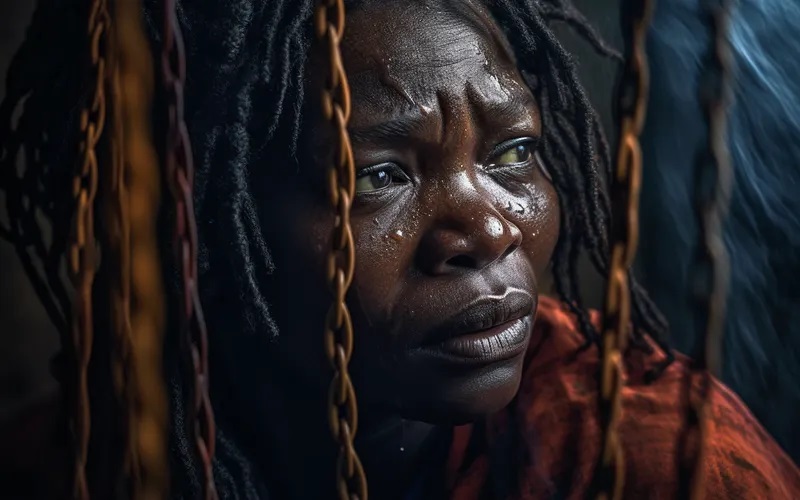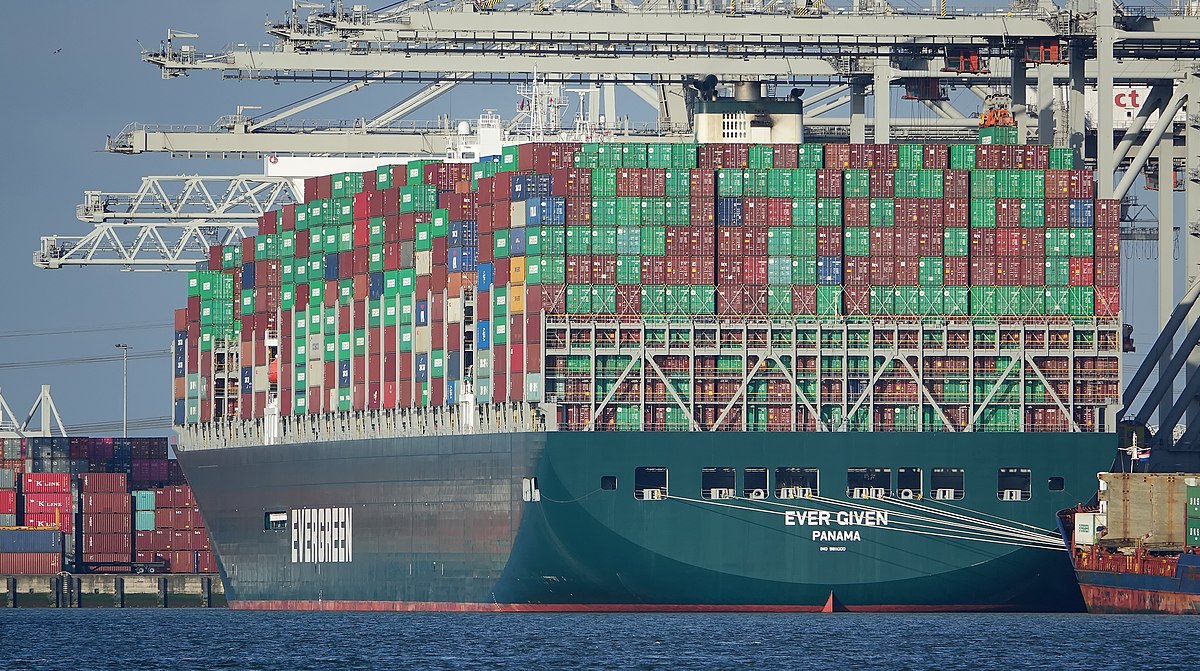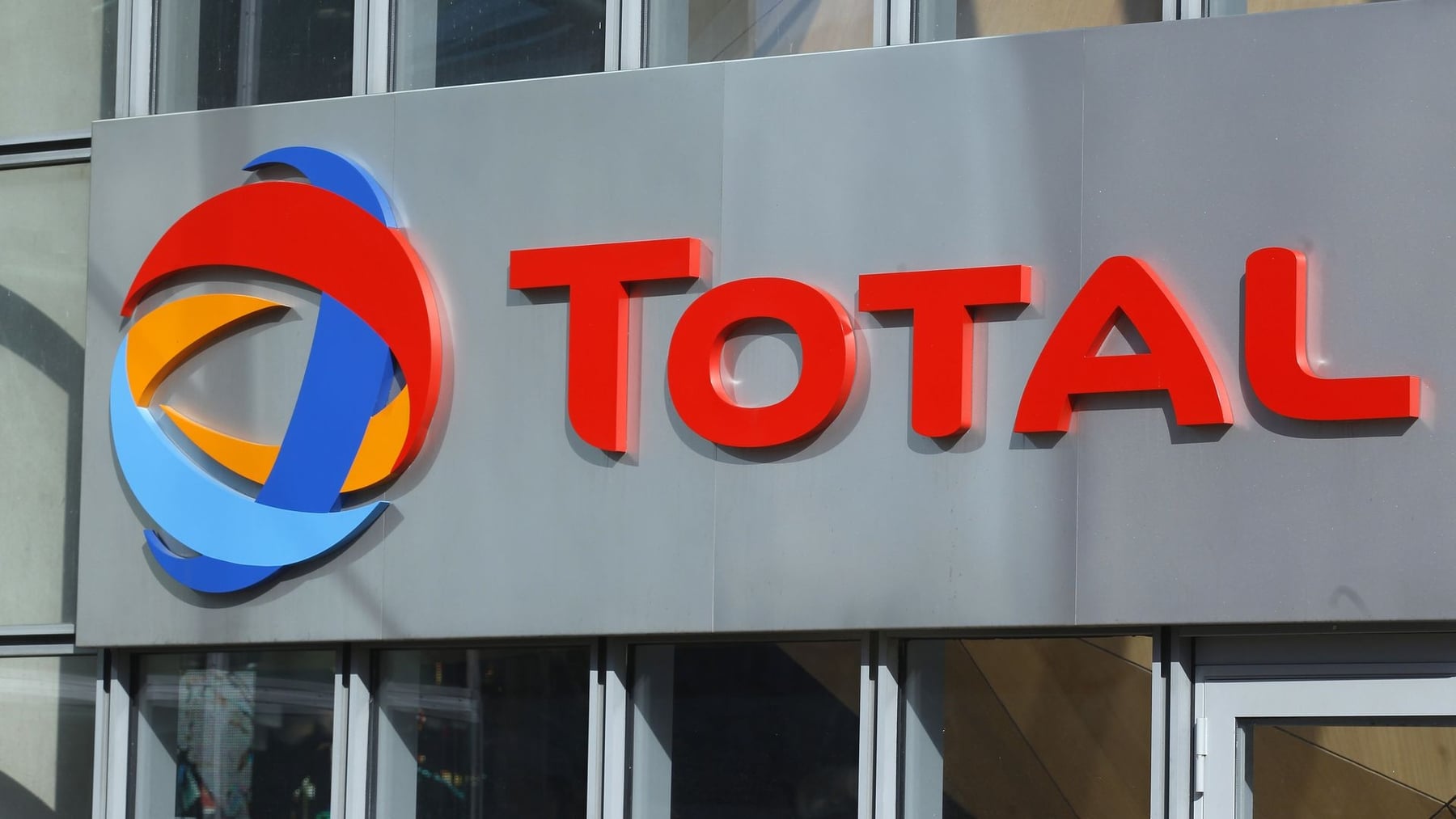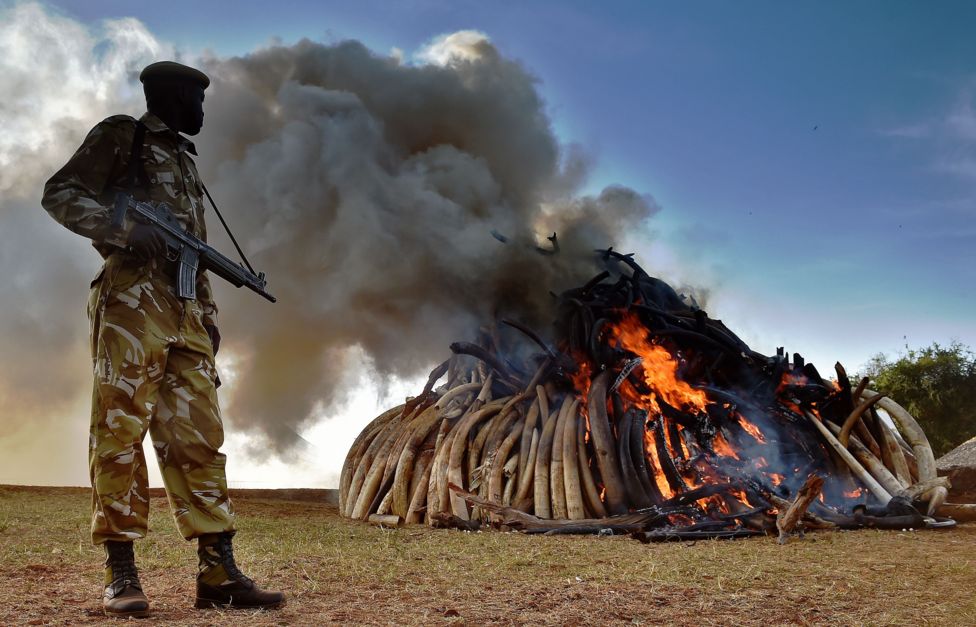The United States is considering action against the government of President Yoweri Museveni, a longtime ally who has crushed dissent at home. The European Union has also expressed concern.
NAIROBI, Kenya — A bloody and contentious election season in Uganda, in which dozens of people were killed and the principal opposition candidate was placed under de facto house arrest, recently gave a sixth five-year term to President Yoweri Museveni, a staunch U.S. military ally.
But now the U.S. State Department says it is considering a range of actions against Mr. Museveni, who, since taking office in 1986, has been among Africa’s leading beneficiaries of American aid, taking in billions of dollars even as he tightened his iron grip on the nation.
Mr. Museveni, 76, has suppressed opposing voices for years, often by force, and the campaign leading to this month’s election was marred by the intimidation of opposition candidates and their staffs, particularly Bobi Wine, a pop-star-turned-lawmaker who rose to become the president’s toughest challenger. Violence convulsed the country during the campaign, and election observers and opposition figures contend that electoral fraud contributed to Mr. Museveni’s re-election.
“We have significant concerns about Uganda’s recent elections,” a State Department representative said in a statement emailed to The New York Times. “The United States has made clear that we would consider a range of targeted options, including the imposition of visa restrictions, for Ugandan individuals found to be responsible for election-related violence or undermining the democratic process.”
Other nations have also voiced concern over how the postelection period in Uganda has unfolded. A spokesperson for the European Union said the bloc was “gravely concerned by the continued harassment of political actors and parts of civil society” and continued to “remain attentive to the situation on the ground.”
Mr. Museveni has reportedly been meeting with foreign diplomats in recent days, as concerns mounted about the conduct of the vote, and many Western and African partners have yet to formally congratulate him. The Kenyan presidency deleted a Facebook post congratulating him after it was widely criticized and Facebook erroneously flagged it as containing “false” information.
Before, during and after the vote, journalists and independent observers were kept from closely watching the proceedings, and the government refused accreditation to most of the observers the U.S. mission in Uganda had intended to deploy. A nationwide internet shutdown restricted the flow of information.
Advertisement
Continue reading the main story
As the election results trickled in, the authorities surrounded Mr. Wine’s home, refused to let him out and even prevented the U.S. ambassador from paying him a visit. Security officers withdrew from his home this week after a court ruling, but they continue to maintain roadblocks nearby, and they surround his party’s headquarters. Mr. Wine, 38, whose real name is Robert Kyagulanyi, maintains that the election was rigged in Mr. Museveni’s favor and plans to present evidence in court on Monday challenging the results.
For decades, Mr. Museveni has received financial and diplomatic support from the United States and other Western nations. And he has promoted his regime as a guarantor of stability not just in Uganda — which was torn by coups and violence before he took the helm — but also in the surrounding regions of East and Central Africa.
Yet under him, Uganda has repeatedly sent troops across its borders to take sides in conflicts in neighboring countries. And although Mr. Museveni welcomed many refugees from South Sudan, independent researchers have reported that his government clandestinely supplied weapons used to stoke the war there that cost the lives of nearly 400,000 people.
Image
The opposition leader Bobi Wine speaking with reporters this week at his home, where he has been held under house arrest.
The opposition leader Bobi Wine speaking with reporters this week at his home, where he has been held under house arrest.Credit…Nicholas Bamulanzeki/Associated Press
“He’s been the region’s pyromaniac since he came to power, whether we are talking about Sudan, South Sudan or Rwanda or the Democratic Republic of Congo,” said Helen Epstein, the author of “Another Fine Mess: America, Uganda and the War on Terror.” “His army has intervened everywhere, to the detriment of peace.”
Every year, the United States alone provides more than $970 million to Uganda, supporting the military, the education and agricultural sectors, and antiretroviral treatment for almost a million H.I.V.-positive Ugandans.
Uganda has in turn partnered with the United States in working to quell terrorism, deploying more than 6,200 troops to the African Union mission in Somalia that is battling the Qaeda-linked group al-Shabab. Thousands of Ugandans have served as guards on American bases in Iraq and Afghanistan. And Uganda has been lauded as one of the best places to be a refugee, with those seeking asylum given land and the ability to work and move around.
Advertisement
Continue reading the main story
But as Mr. Museveni continued to curry favor with the West and receive support from financial institutions like the World Bank, his government “has taken advantage of these resources and positive images to undermine the very interests it is lauded for safeguarding and to pursue its own agenda instead,” said Michael Mutyaba, an independent researcher on Ugandan politics.
At home, Mr. Museveni has been criticized for clamping down on the opposition, introducing anti-gay legislation and unleashing the security forces on civilians. Waves of scandals have also shown how officials embezzled millions of dollars in government funds, along with reports of development aid being diverted to the military.
Image
Police officers at a checkpoint on a street outside Mr. Wine’s home in the days after the election.
Police officers at a checkpoint on a street outside Mr. Wine’s home in the days after the election.Credit…Yasuyoshi Chiba/Agence France-Presse — Getty Images
In 2005, he engineered the repeal of term limits so that he could remain in power. In 2018, he signed a law that scrapped the presidential age limit of 75.
Observers like Ms. Epstein say the violence around the election, and the clampdown on opposition figures like Mr. Wine — including by dragging him out of his vehicle while he talked with reporters on live video — drew global condemnation and might tip things this time round.
Before and after the Jan. 14 election, Senators Bob Menendez of New Jersey and Chris Coons of Delaware; Jake Sullivan, President Biden’s national security adviser; a group of donor nations, including Canada and members of the European Union; and United Nations experts all denounced the government’s conduct.
“I think finally people are beginning to wake up” to the reality of Mr. Museveni’s Uganda, Ms. Epstein said.
If so, that would undermine the standing Mr. Museveni has cultivated as an elder statesman in East Africa, said Angelo Izama, a Ugandan political analyst.
“If he continues taking these body blows to his reputation at home,” Mr. Izama said, “I think he’s going to lose his standing not only in the region but also gradually lose the Western powers who are increasingly determined to align and change their tack on how they deal with Uganda.”
But Ken O. Opalo, an assistant professor at Georgetown University’s School of Foreign Service, said that while donor relations with Uganda might change, it remains to be seen whether these changes will be substantial.
Western countries, he said, have almost always erred on the side of maintaining their relationships with Mr. Museveni’s government instead of pushing him to bring in much-needed reforms.
“Museveni knows this fickleness and has exploited it masterfully over the years,” Mr. Opalo said.
And while the “Biden administration will say the right things,” Mr. Opalo said he was “less optimistic about what it will be able to do, and whether such action would necessarily lead to change for the better in Uganda.”




